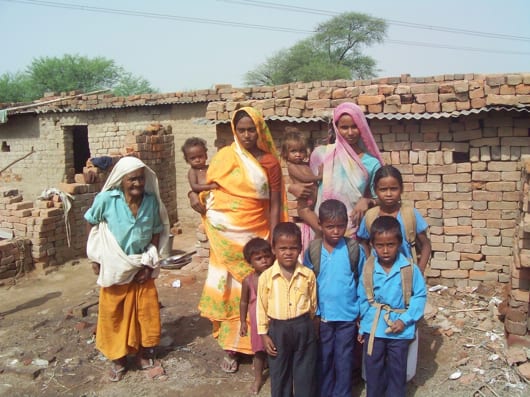Some 600,000 women die worldwide each year from pregnancy-related causes, and 98 percent of these deaths occur in developing countries. The major causes of maternal deaths in developing nations, in numerical order of importance, are hemorrhage, peripartum sepsis, abortion, eclampsia and obstructed labor/ruptured uterus. Regarding the latter, obstructed and prolonged labor alone leads to about 40,000 maternal deaths annually. Newborns who survive often suffer long-term complications related to birth anoxia. Mothers who survive frequently develop rectovaginal fistula or vesicovaginal fistula. The consequences of such fistulas are especially severe for young primiparas for whom social ostracism and divorce often follow.
What can we do about this travesty? Beyond contraception and family planning, the greatest opportunity to improve maternal outcomes lies in improving the quality of obstetrical care. Research demonstrates that communities that provide essential obstetric services can obtain remarkable improvement in obstetrical outcomes. Encouraging experience in Sri Lanka, for example, shows that even providing only some of these essential services can result in major maternal health improvements.

